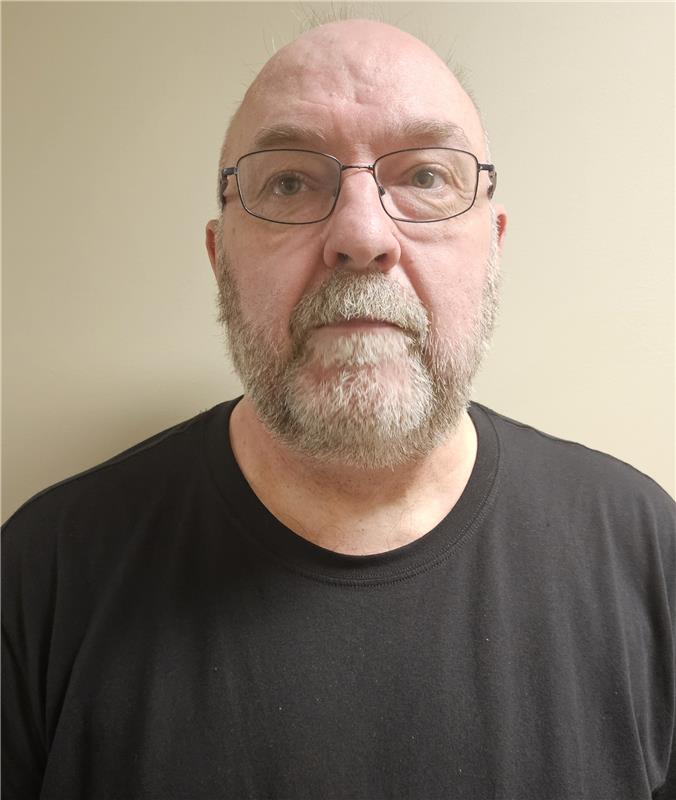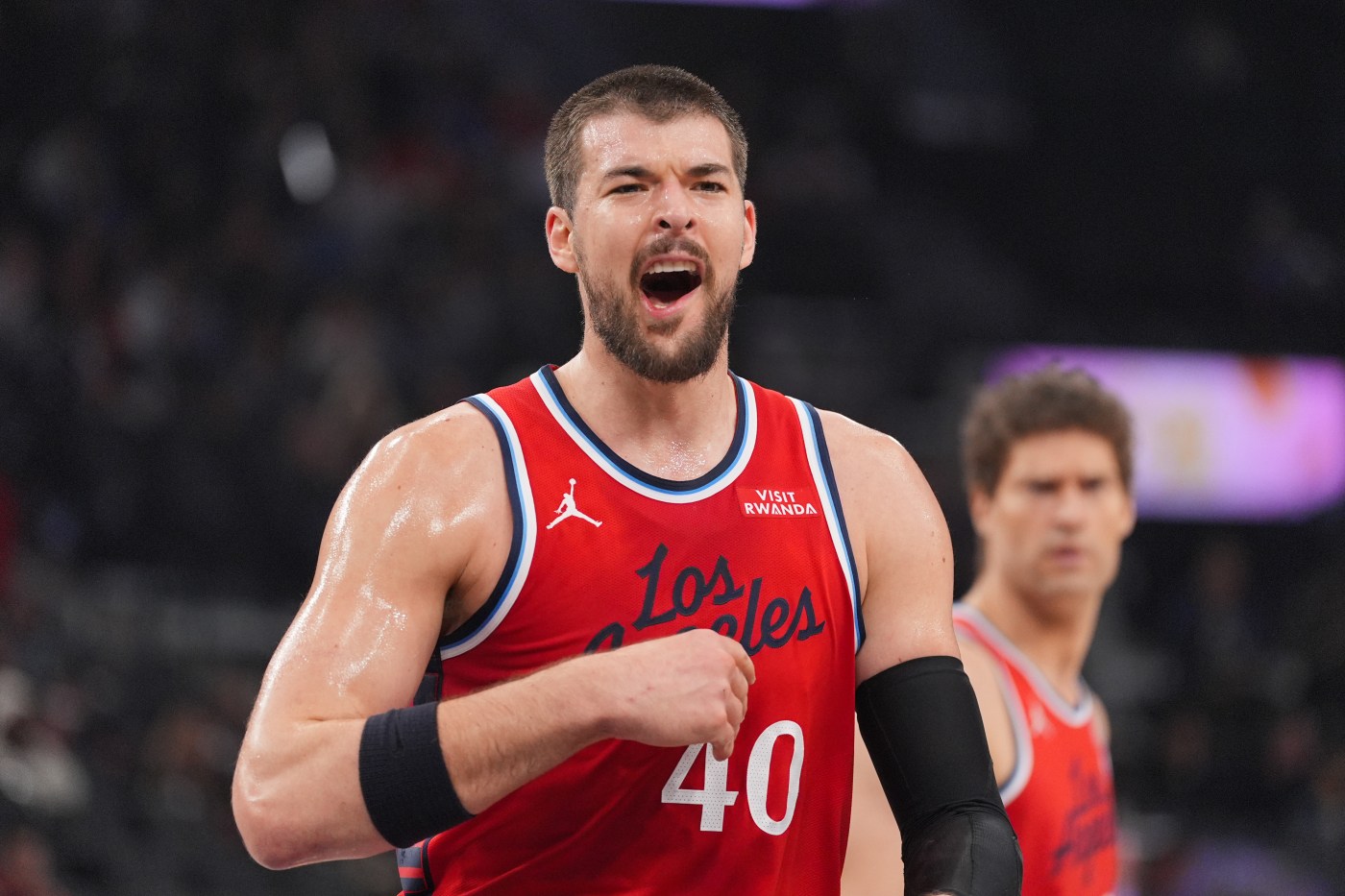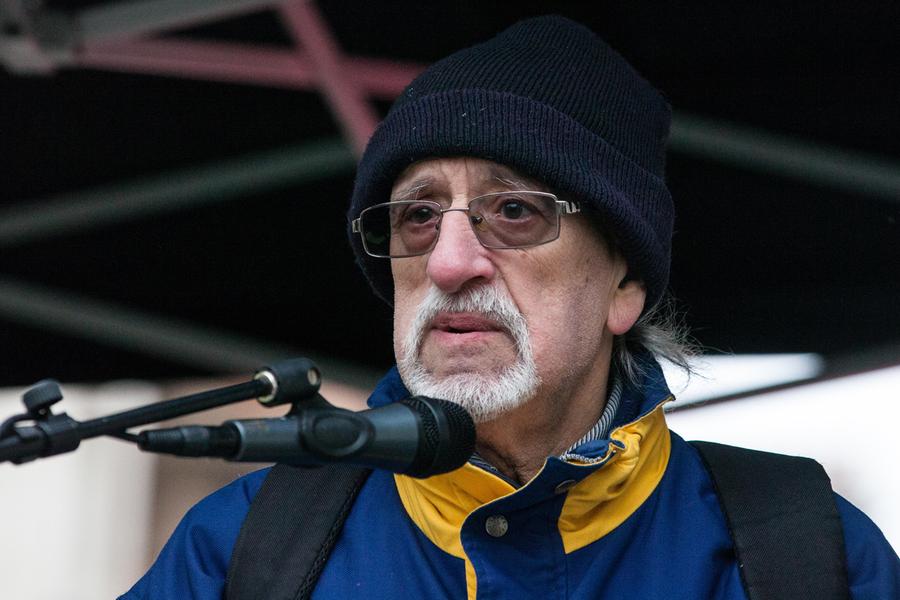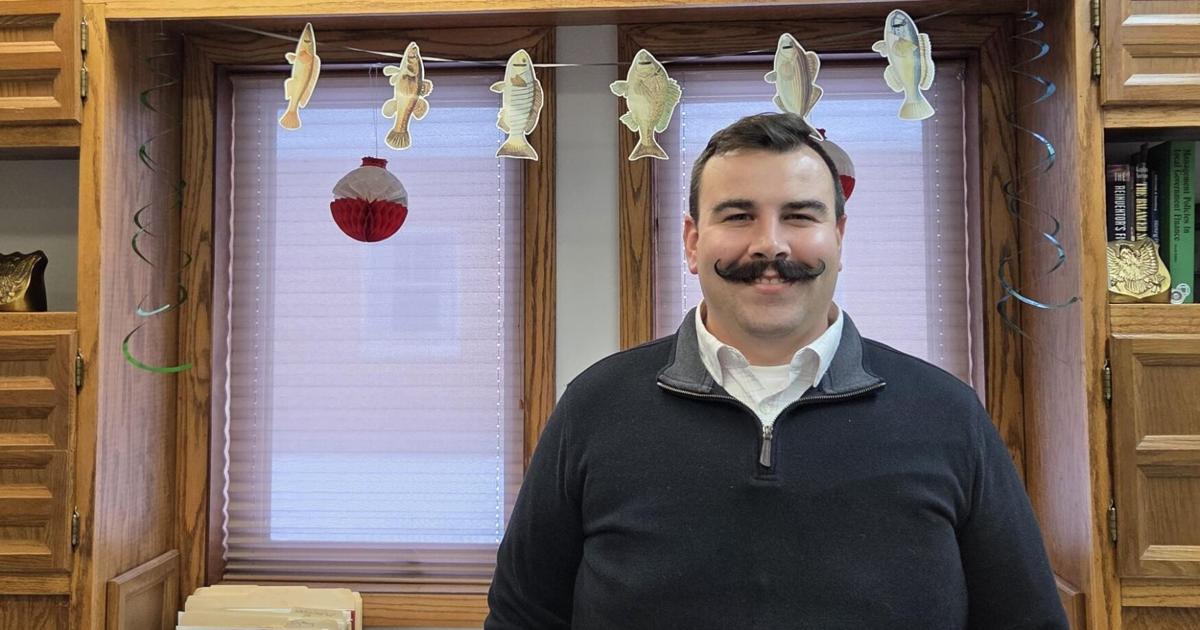Omar Fateh, a mayoral candidate in Columbus, Ohio, recently sparked attention at a campaign rally by expressing his loyalty to Somalia. Fateh, who is often referred to as the “Mamdani of Minneapolis,” waved the Somali flag during his address, despite being born in Washington, D.C. His actions have raised discussions about identity and allegiance in the context of American politics.
At the rally, Fateh’s proclamation, “We believe in Somalia,” resonated with the audience, which included a substantial number of attendees from the local Somali community. This event took place in an area noted for its growing Somali population, which is among the largest in the United States. The presence of the American flag behind him was seen as a symbolic gesture acknowledging his American identity alongside his support for Somalia.
The rally featured visuals that highlighted cultural pride, including children dressed in attire reflecting the Somali flag. This celebration of heritage was emphasized by a woman encouraging young attendees to engage in the electoral process, despite their inability to vote. Such moments highlight the active role of the Somali community in American civic life, particularly in Columbus, which has become increasingly known for its connections to Somalia.
According to the Associated Press, the Somali community in Columbus has grown significantly, with vibrant cultural expressions evident in local establishments, particularly restaurants that serve traditional Somali cuisine. This cultural hub was described as bustling with activity, showcasing the community’s integration into the fabric of the city while maintaining strong ties to their heritage.
While many view Fateh’s sentiments as a celebration of diversity, others have raised concerns about loyalty and national identity in American politics. Critics have pointed to the implications of a candidate openly pledging allegiance to another nation. As political discussions evolve, the debate over the role of immigrant communities and their influence on local governance continues to be a focal point.
Fateh’s campaign reflects broader trends where candidates with immigrant backgrounds are increasingly participating in local politics. The dynamics of such engagement can be seen as both a challenge and an opportunity, as they seek to represent their communities while navigating the complexities of American political life.
In a climate where immigration policies and national identity are hotly debated, Fateh’s rally has highlighted the intersection of local and global identities. His actions have ignited conversations not only in Columbus but also in the wider political landscape, where questions of allegiance and representation are pivotal.
As the campaign progresses, it remains to be seen how Fateh’s unique position as a candidate with strong ties to Somalia will shape his political journey and influence the perceptions of voters in Columbus. His rally underscores the ongoing dialogue about the identities that define modern American cities and the impact of diverse communities on local governance.







